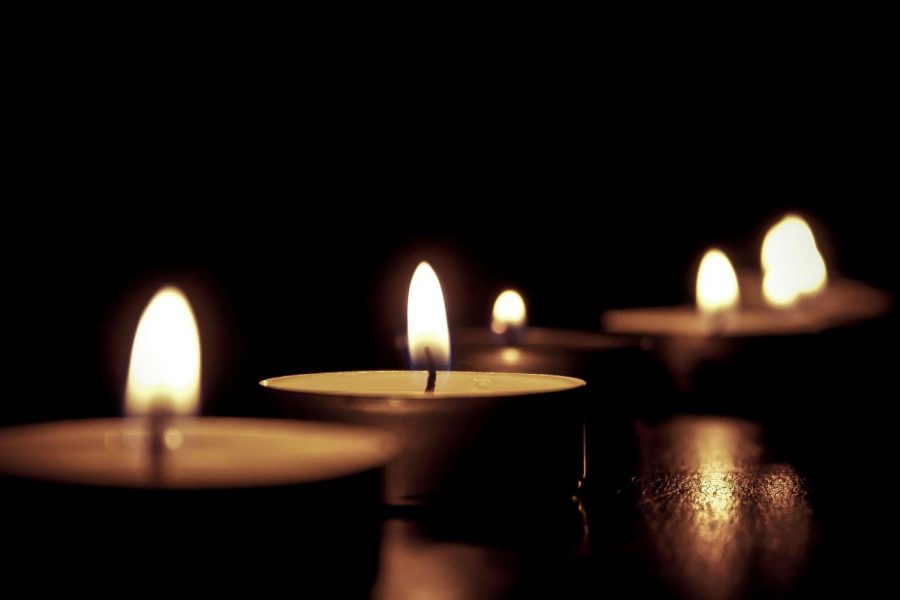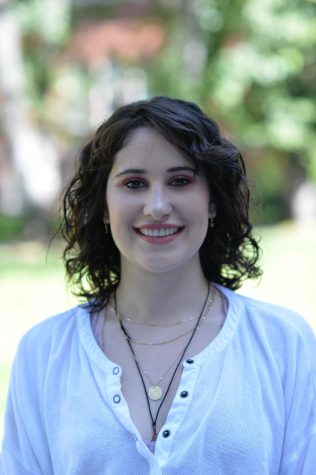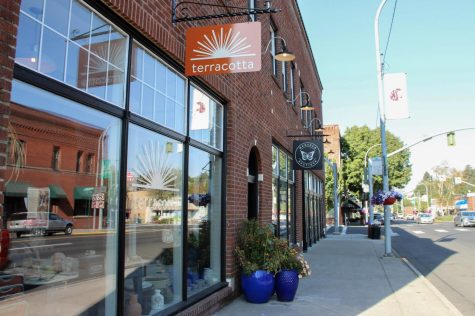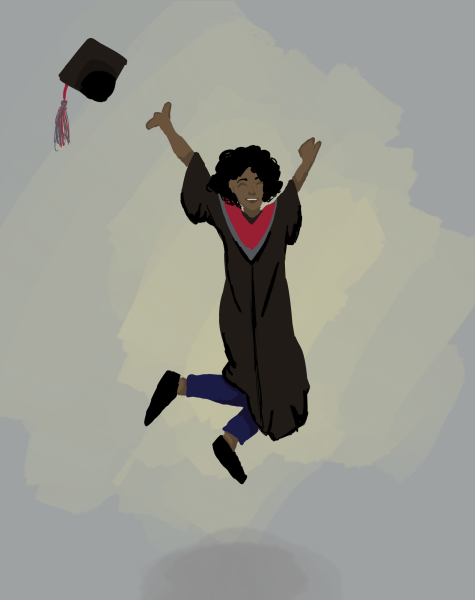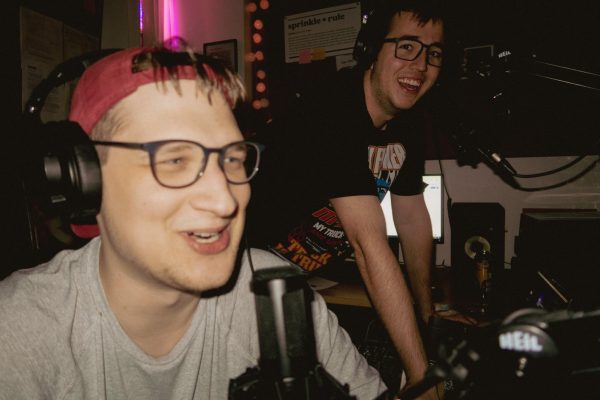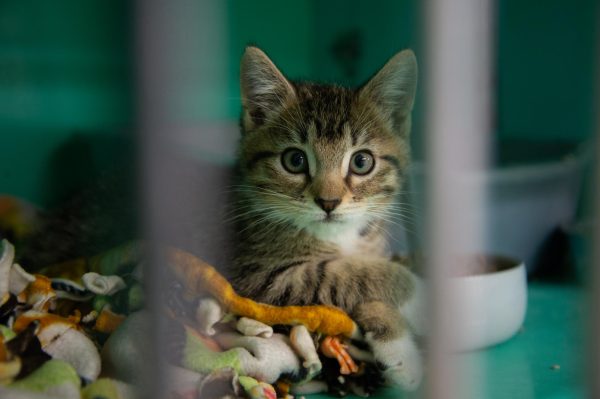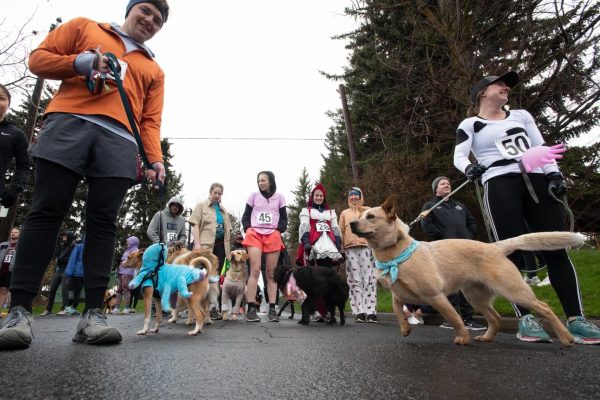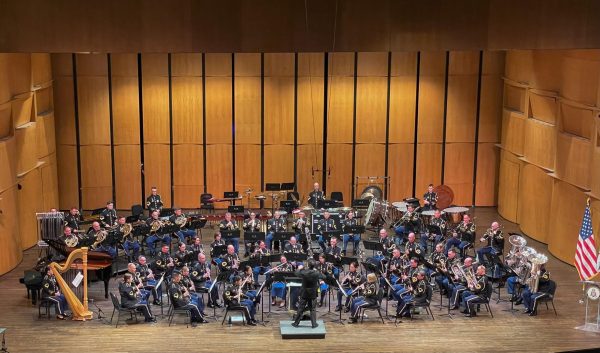Students discuss sexual assault prevention
University of Idaho Women’s Center hosts a ‘Take Back the Night’ march to raise awareness for victims
Take Back the Night was created as a way for sexual assault survivors to reclaim their power, said Bekah MillerMacPhee. The march will begin at 7:30 p.m. Thursday at the University of Idaho Women’s Center.
September 19, 2019
The Women’s Center at the University of Idaho is preparing to host its first Take Back the Night march on Sept. 19 at 7:30 p.m. starting at the school’s women’s center in Moscow.
The first 100 attendees will receive a free T-shirt, and doors will open at 7 p.m. Anyone and everyone is welcome to attend this free community walk, said Bekah MillerMacPhee, the grant project director at the Women’s Center.
MillerMacPhee said she oversees the use of a federal grant that allows them to host events like this one. This year, the march will have students organizing and introducing the event, and Miller said it was an active decision to take a backseat as a university program.
“Ultimately, we’re trying to serve our students, so we need to hear regularly from them,” MillerMacPhee said.
Take Back the Night hopes to give voices to survivors. The event will start with three spoken-word poets, all students, before the event attendees proceed through the streets of Moscow, where they will pass by the site of Katy Benoit’s memorial bench.
Benoit was a 22-year-old University of Idaho student gunned down on her front porch in Moscow by a UI professor at the time, according to an article from NBC News. She had stepped out for a few minutes, taking a break from baking with her friends to light a cigarette, when the man shot her.
The story of Benoit especially resonated with Lupita Corona, third-year medical sciences and psychology double major at UI. Corona started working at the Women’s Center almost right away her freshman year because of Benoit’s story as well as her own experiences as a Latinx woman in rural Idaho.
Corona was born in Mexico and moved to a small town at a very young age. Though her grandmother passed away early in Corona’s life, her mother told her about some of the abuse her grandmother had experienced at the hand of Corona’s grandfather.
This is an example of a larger cultural issue, Corona said. Her own grandmother would deny that the man she had married was a “bad guy” or that he would ever engage in abusive behavior. For Corona’s grandmother, separation would be worse for the family than living with the abuse.
“They [many victims of domestic violence] think they need a man in order to survive,” Corona said.
Corona maintains that she experienced a wonderful childhood with amazing parents, and said this disconnect can often lead to people not believing that the men in their lives can perpetuate abuse.
“It comes back to the patriarchy,” Corona said. “We always question the victim, not the abuser.”
Following the march, attendees will have a chance to hear from an advocate from Alternatives to Violence of the Palouse, MillerMacPhee said. This “speak out” part of the march will facilitate a free discussion of issues of sexual assault, misconduct and harassment, as well as issues of feminism in general.
Many in the community widely support and accept what the Women’s Center hopes to accomplish with this march, MillerMacPhee said.
“When we’re asked why this is important—as long as our students want us to keep doing it, we’re going to keep doing it,” MillerMacPhee said, which is why she wants students sharing their voices more than staff.
Anyone interested in volunteering for the UI Women’s Center can contact the group through email or on their website.
This story was updated to clarify a quote as to not change the meaning of the speaker.

